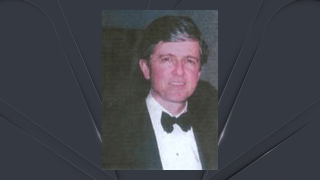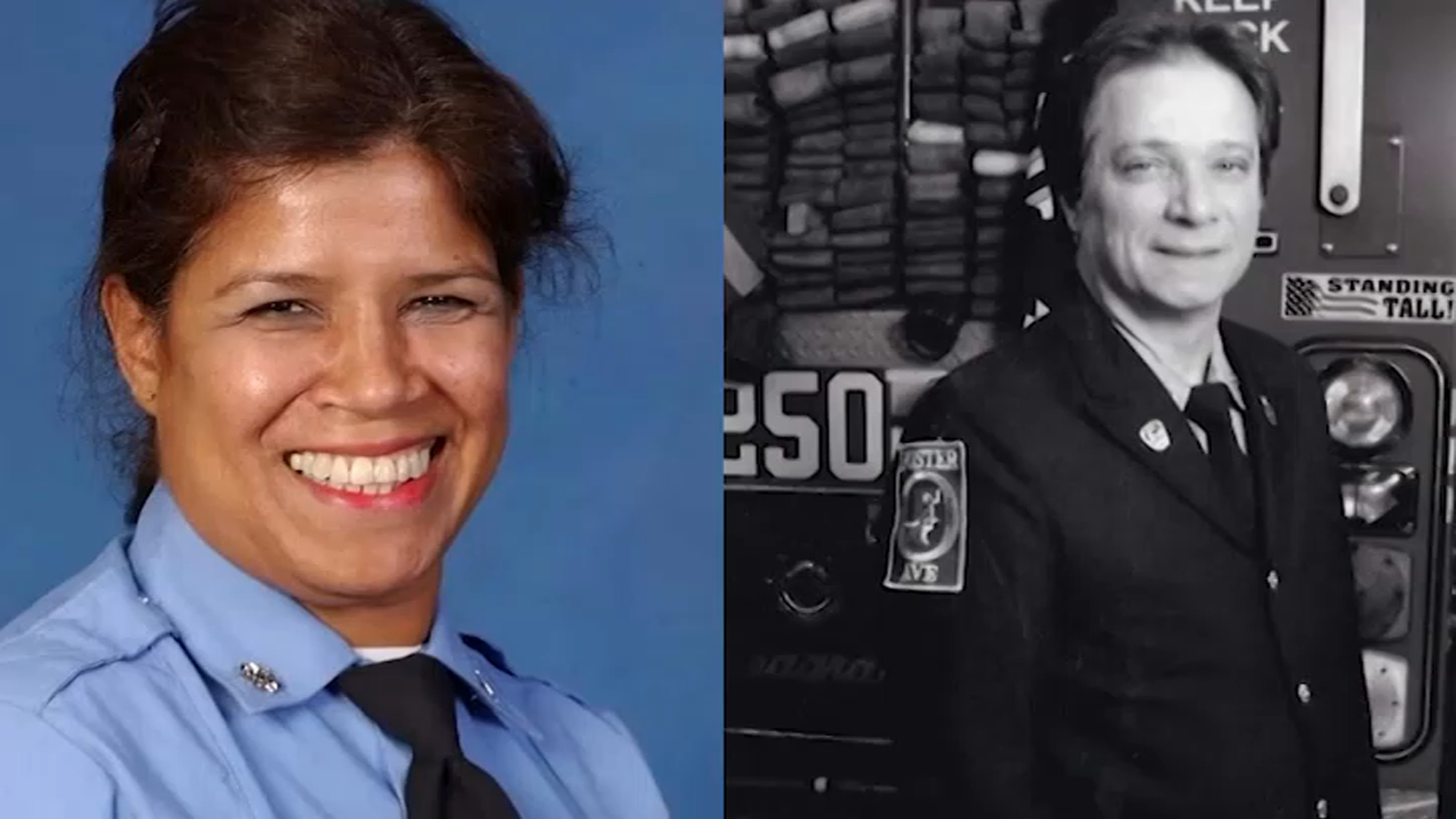
The remains of a Long Island man killed at the World Trade Center on 9/11 have been identified more than two decades after the 2001 attacks, the New York City medical examiner's office announced Thursday.
John Ballantine Niven, 44, of Oyster Bay, was an executive at Aon Risk Services, an insurance firm on the 105th floor of tower two of the trade center complex, according to obituaries at the time. He left a wife and a son who was 18 months old at the time.
Niven is the 1,650th victim identified from the deadliest act of terrorism on American soil, when hijackers crashed airplanes into the Twin Towers, killing 2,753 people.
“While the pain from the enormous losses on September 11th never leaves us, the possibility of new identifications can offer solace to the families of victims,” New York City Mayor Eric Adams said in a statement. “I’m grateful for the ongoing work from the Office of Chief Medical Examiner that honors the memory of John Ballantine Niven and all those we lost.”
The medical examiner’s office has been using advanced DNA analysis to identify victim remains in recent years.
Get Tri-state area news delivered to your inbox. Sign up for NBC New York's News Headlines newsletter.
Ahead of the anniversary of the attacks last September, the office said it had identified remains of a man and a woman, though their names were not made public at the request of their families.
“We will forever remember our heroes who perished on 9/11 and we appreciate the continuous efforts of forensic experts to help identify victims,” Oyster Bay Supervisor Joseph Saladino said in a separate statement. “We’re hopeful that this amazing advance in technology helps bring peace to Mr. Niven’s family and allows him to eternally rest in peace.”
Roughly 40 percent of victims of the World Trade Center attack have yet to have their remains identified, as few full bodies were recovered when the giant towers collapsed.
But as DNA testing has evolved, so has the costly, painstaking effort to connect more than 21,900 bits of remains to individual victims. In some cases, scientists have gone back to the same bone fragment 10 or more times, hoping new technology will provide answers.
The 9/11 attacks killed nearly 3,000 people in New York, at the Pentagon and near Shanksville, Pennsylvania.




